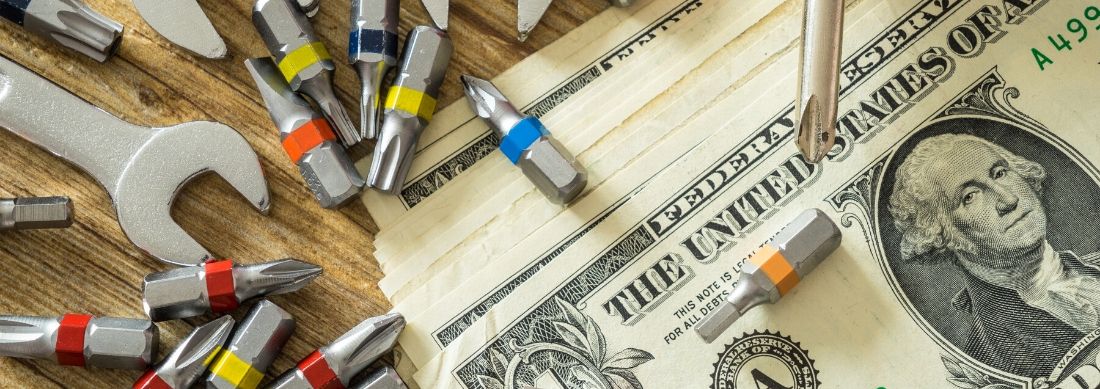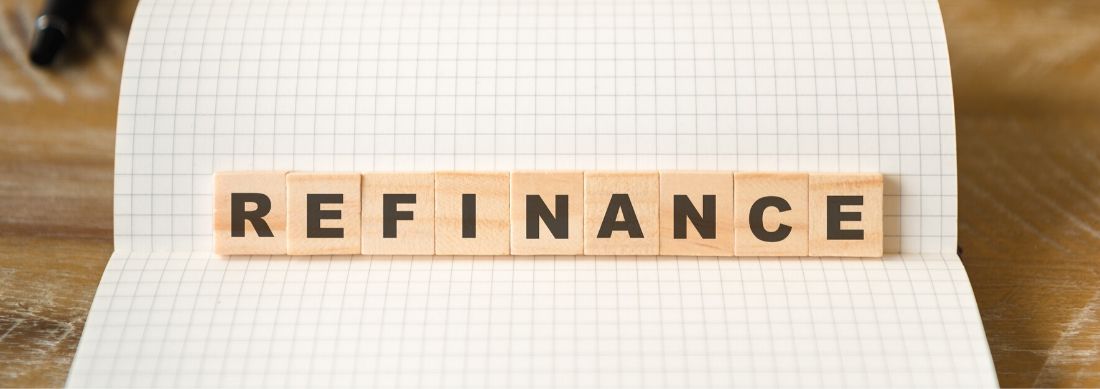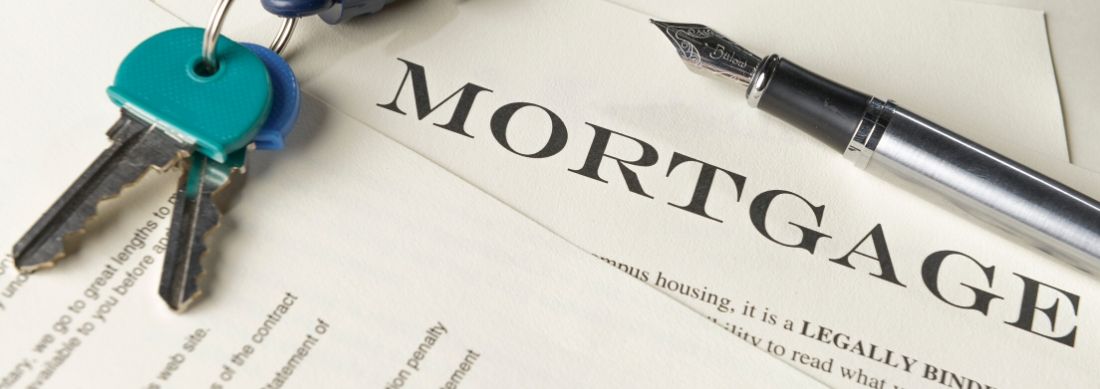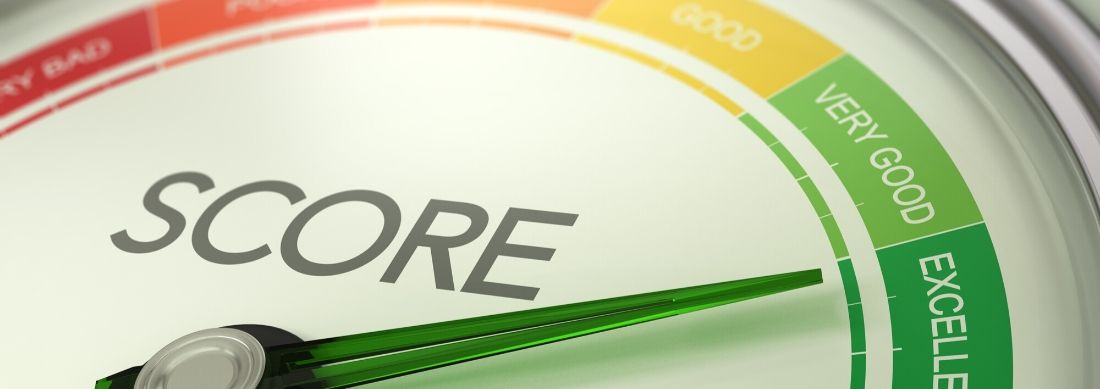

Mortgage know-it-all? Prove it! Updated on:
- Mortgage know-i...
- Question 1:
- Question 2:
- Question 3:
- Question 4:
- Question 5:
- Question 6:
- Question 7:
- Question 8:
- Question 9:
- Question 10:
- How'd you do?
Aside from taxes, probably no financial instrument or process is less understood than mortgages and the mortgage market. The truth is, it is a complex market, but by no means beyond the comprehension of most people...even you! In addition to being intimidating, it can also be hard to find an objective, unbiased source of information to help you.
HSH.com is one of those sources, so rummage around our vast collection of expert-level articles, use our tools and mortgage calculators to improve your mortgage IQ before you shop for your mortgage. To get you started, here's a little quiz to test your mortgage knowledge...


1) You must have at least 20 percent of the purchase price as a down payment in order to buy a home.
Correct! Incorrect. The answer is: False.
Actually, it's possible to put as little as 3.5 percent of the purchase price down (or even zero in some cases!). FHA and certain Community Lending Programs are widely available; you'll have to pay private mortgage insurance, though.

2) Private mortgage insurance (PMI) is a policy that will pay your monthly mortgage payments if you can't make them.
Correct! Incorrect. The answer is False.
PMI is a policy you pay for that protects the lender -- not you -- if you should default on your mortgage.

3) Getting a mortgage means paying several thousand dollars in points and closing costs in addition to the down payment.
Correct! Incorrect. The answer is: False.
Lenders in the market today offer many different pricing options. You can pay points with no other fees, no points with other fees, or no points or fees whatsoever. You'll normally get a slightly higher interest rate than if you did pay fees, however.

4) A "hybrid ARM" is a product that allows you to convert your adjustable rate mortgage (ARM) into a fixed rate mortgage at a specified point in time.
Correct! Incorrect. The answer is: False.
A "hybrid ARM" is a product that is fixed for a short or medium period of time -- for three, five, seven or 10 years -- then becomes a standard six-month or one-year ARM for the remainder of a 30-year term. For a time, lenders offered short-term "convertible" ARMs that did allow to to switch to a fixed rate loan for just a small (usually $250) fee.

5) You can get a mortgage commitment from a lender even before you find a house you want to buy.
Correct! Incorrect. The answer is: True.
Also known as getting preapproved for a mortgage, most mortgage lenders will issue you a “conditional commitment” to lend you a mortgage before you shop for a home. Of course, the property you choose must pass appraisals, and you'll need to get your paperwork in order. Some mortgage lenders will even let you lock in an interest rate! But first, you'll need to know which mortgage type and loan features you want.

6) Refinancing your mortgage will always save you money.
Correct! Incorrect. The answer is: False.
Refinancing can actually cost you money over the long haul, even if you get a great break on your interest rate and monthly payments today. Restarting the "amortization clock" with a new 30-year term can mean many additional years of payments and thousands more in interest costs. On the other side of the coin, paying fees and points to get a great rate can all turn into a loss if you don't stay in the loan at least long enough to get your money back!

7) A two-parter: A 15-year mortgage term has double the monthly payment as a 30-year term does, and the 30-year will cost twice as much in interest costs.
Correct! Incorrect. The answer is: False.
Monthly payments on a 15-year mortgage aren't double that of a 30-year mortgage. Right now, a 15-year mortgage payment would be about 45 percent higher than that of a 30-year term. At the same time, total interest costs on a 30-year term aren't twice as much, but about two-and-a-half times as much! The lower monthly payments on a 30-year term can be a draw, but the long-term interest costs can be a drawback, so a shorter-term mortgage can be the way to go if you've got the cash.

8) All mortgage interest is tax deductible.
Correct! Incorrect. The answer is: False.
For mortgages issued until 12/14/2017, interest on loan amounts of up to $1,000,000 is deductible from your federal taxes. For loans made after 12/15/2017, the maximum loan amount on which interest is deductible is $750,000 -- and anything over these limits is not deductible. Also, unless it is used to "buy, build or substantially improve the taxpayer’s home" interest on home equity debt is not deductible, either. For more on the intersection of mortgages and taxes, read 10 essential tax questions for homeowners.

9) A qualified mortgage is the loan you get when the lender preapproves you.
Correct! Incorrect. The answer is: False.
A qualified mortgage (QM) is a mortgage that meets the standards set forth in the Dodd-Frank regulations. Among other things, these products aren't allowed to have risky features such as interest-only or balloon payments and have limits on debt-to-income ratios and fees. Non-QM loans can have these alternative features and others, but cannot be sold or backed by Fannie Mae or Freddie Mac.

10) The Federal Reserve doesn't control mortgage rates.
Correct! Incorrect. The answer is: True.
Although the central bank did directly manipulate mortgage markets for a number of years, it didn't directly state what mortgage rates should be. Rather, at times it has influenced mortgage rates in the same way private investors do -- by buying up mortgage-backed securities and other mortgage-related debt. A "Great Recession"-era program of doing so ended in 2014, then was followed by a period of reinvestment of inbound proceeds from mortgage holdings until 2017. More recently, the Fed revived its MBS-buying "quantitative easing" program during the pandemic, buying bonds over a two-year period before starting a tapering of its holdings of MBS in May 2022.

How'd you do? Most people get tripped up on a couple, and that's OK. As part of your mortgage education and as you strive for financial literacy, figuring out what you DON'T know is just as important as figuring out what you DO know.
Here's a tip to help you to get a great deal on a mortgage you can fully understand: Eliminate what you don't need to know by deciding what you need or want beforehand. There's a huge difference between walking into a lender's office and saying "I need a loan" and "I need a 30-year conforming fixed rate loan of $200,000. I have a FICO score of 762 and have 20 percent to put down."
The first statement will see you presented with a litany of choices and options which will likely overload you with too much information. The second will be focused on your deal, and you will get only the information you need. Best of luck!
For more information, be sure to read:
Good experience